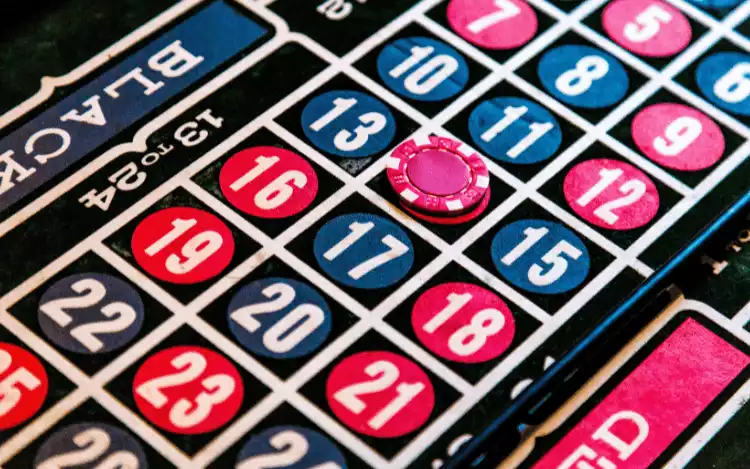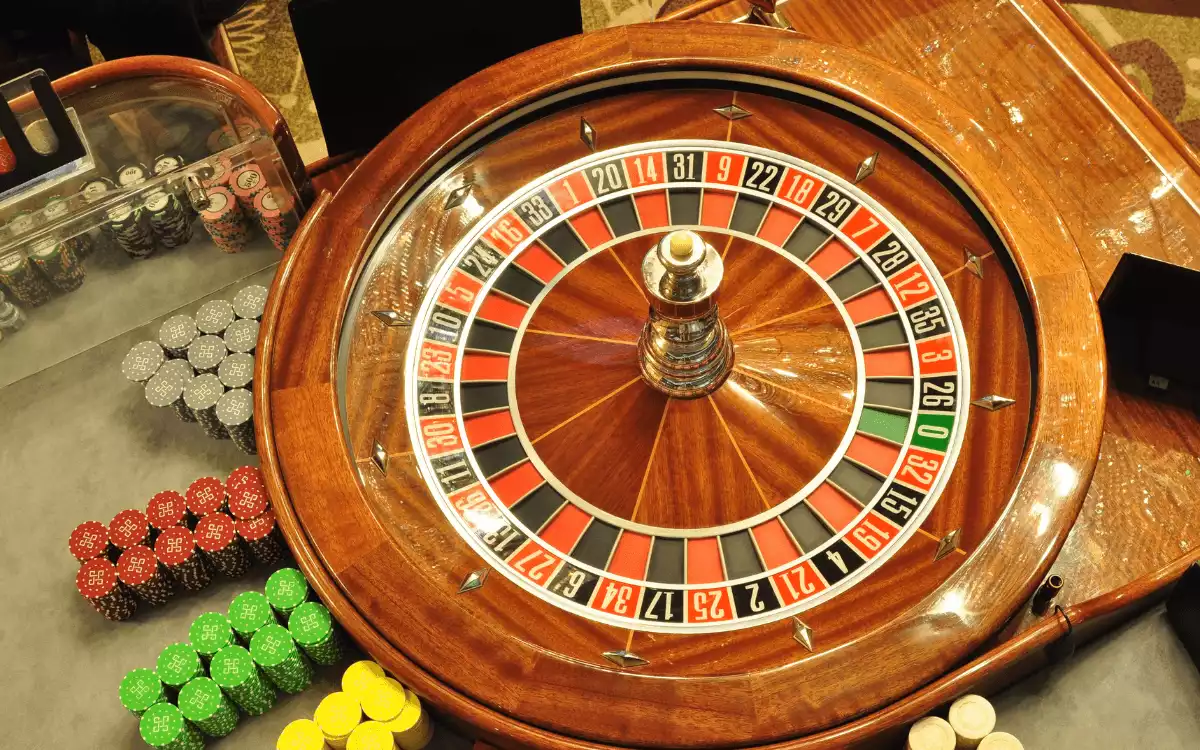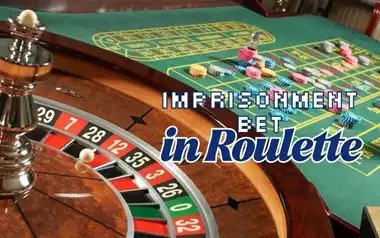Have you ever wondered what “house edge” means when playing roulette at a casino?
It’s one of the most important parts of the game at both online and brick-and-mortar venues. Why? Because house edge determines how much profit the casino makes from each player during a game of roulette (or anything else, for that matter).
How does it work? Keep reading for the lowdown on house edge in roulette.
What is House Edge?
House edge gives the casino an advantage over its customers and helps them profit from each spin of the roulette wheel you bet on. Essentially, it refers to the amount of a player’s bet the casino keeps, as a percentage.
The house edge varies from game to game. However, it tends to be small enough that you may not realise the casino has the advantage.
For example, if you wager £100 on a game with a 2% house edge, you could theoretically get back £98 while the casino keeps the £2. But while that’s a low house edge, casinos can still generate a lot of profit when numerous players make high-value bets.
Roulette House Edge
House edge can vary dramatically depending on which games you play. In a slot game, the average house edge is around 4%. But it may range from as low as 1% to as high as 20% in some cases, with the bigger house edges reserved for games with jackpots on offer.
The roulette house edge tends to be moderate, though there are differences between versions of the game. American roulette has an average house edge of 5.25%, while European roulette offers more generous odds of winning with a house edge of 2.7%.
That’s a difference of more than 2%, so casinos can generate more profits from players at an American roulette table than a European one. However, while a low house edge is sure to appeal to players more than a higher one, you’re still not sure to win exactly as the house edge suggests.
Consider the house edge carefully in each roulette game you play: that can help you make informed choices when laying chips on the table. And it could help you reduce how much you lose when playing long games, too.
How to Calculate the House Edge in Roulette
Roulette Players
European Roulette
To calculate the house edge in European roulette, let’s start with the wheel and table layout: there are 36 black and red numbers (18 of each). But there’s another position on the wheel and table — a green 0.
Why does that matter? Because that gives the casino its advantage (or edge). It pays out as if the table has just 36 numbers, when it has 37 insead. As a result, the odds of winning on a spin at the European roulette table are 1 in 37.
To calculate the house edge, we divide 1(the 0) by 37 (all of the numbers) to get 0.027. Multiply that by 100 to create the house edge of 2.7%.
Theoretically, European roulette should give the casino £2.7 for every £100 you wager, though that may not be the case in practice. It’s possible that the house will keep more of your winnings than that.
American Roulette
As we know, American roulette has a higher house edge than the European variation thanks to the extra 0 on the wheel and table. Eighteen black and red numbers still appear, but there is also a green 0 and a 00 in opposite positions. That creates 38 numbers.
In that case, when you bet on any number in American roulette, you’re playing as if there are only 36 numbers — 2 less than there are. You can only collect winnings for landing on any of those 36, not the 0 or 00.
To calculate the house edge in American roulette, we divide 2 (0 and 00) by 38 (all of the numbers) to get 0.0526. Multiply that by 100 to create the 5.26% house edge.

Roulette Table
What is Extra House Edge?
The more time you spend sitting at a roulette table, the more likely the outcome is to align with the house edge — and the more money the casino will make off your wagering. That means your game of roulette, whether European or American, could become increasingly less profitable over long periods.
Extra house edge is just one reason why casinos offer players free alcoholic drinks on occasion. After all, it’s easy to lose track of your cumulative bets with a few beers inside you, and you may be more likely to make impulsive decisions.
And have you ever noticed windows at a casino? Or clocks? That makes it easier for players to lose track of time, and increases the likelihood of them continuing to play.
Conclusion
The house edge is an essential part of any roulette game, at any casino, in any variation. Casinos have to make money to provide their services, and the house edge helps them do that. But while the house has an advantage, players can still achieve generous wins from time to time.
European roulette has a lower house edge than American roulette, which creates better odds of winning. Calculating the house edge before you play can help you make smarter decisions with your bets and understand how likely you are to win.
For more casino and gambling insights, check out the rest of our articles at Gambling Zone.










